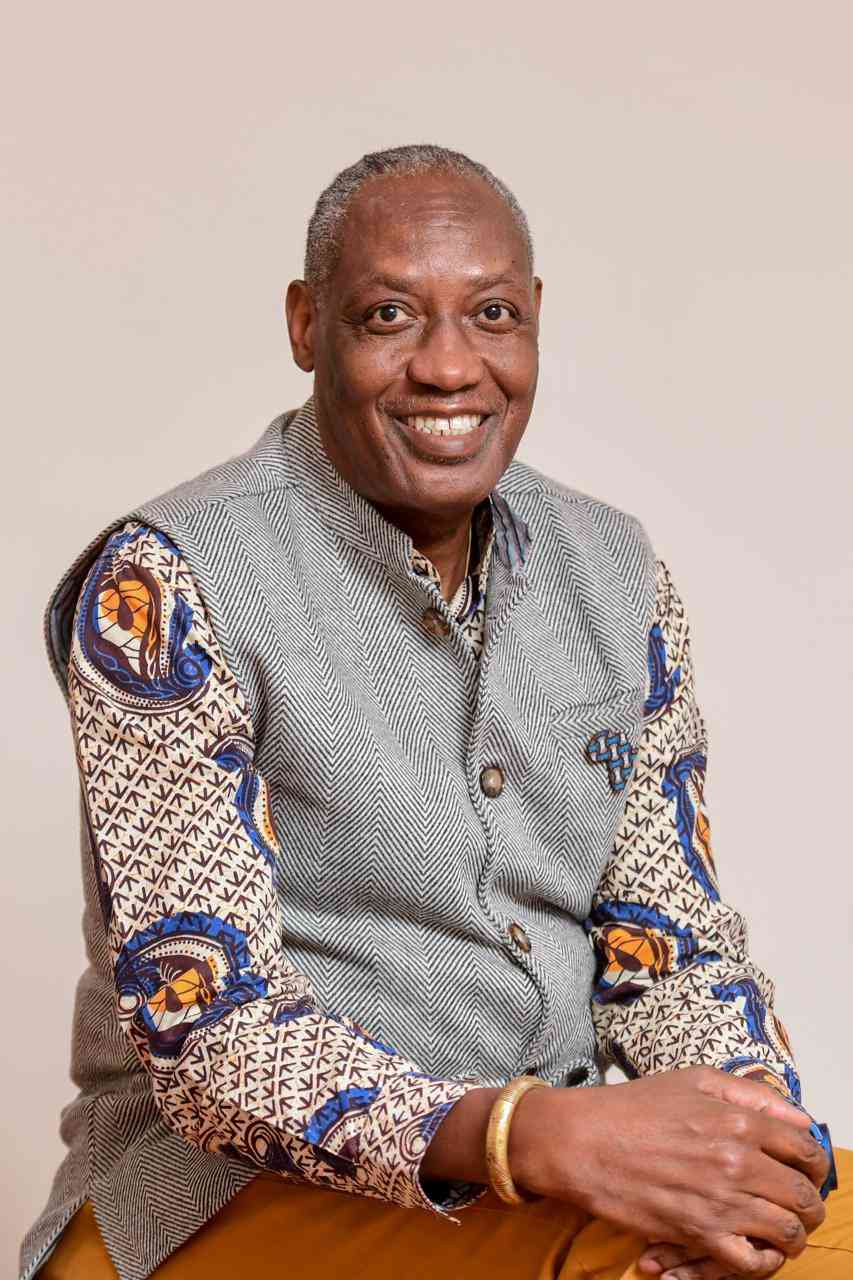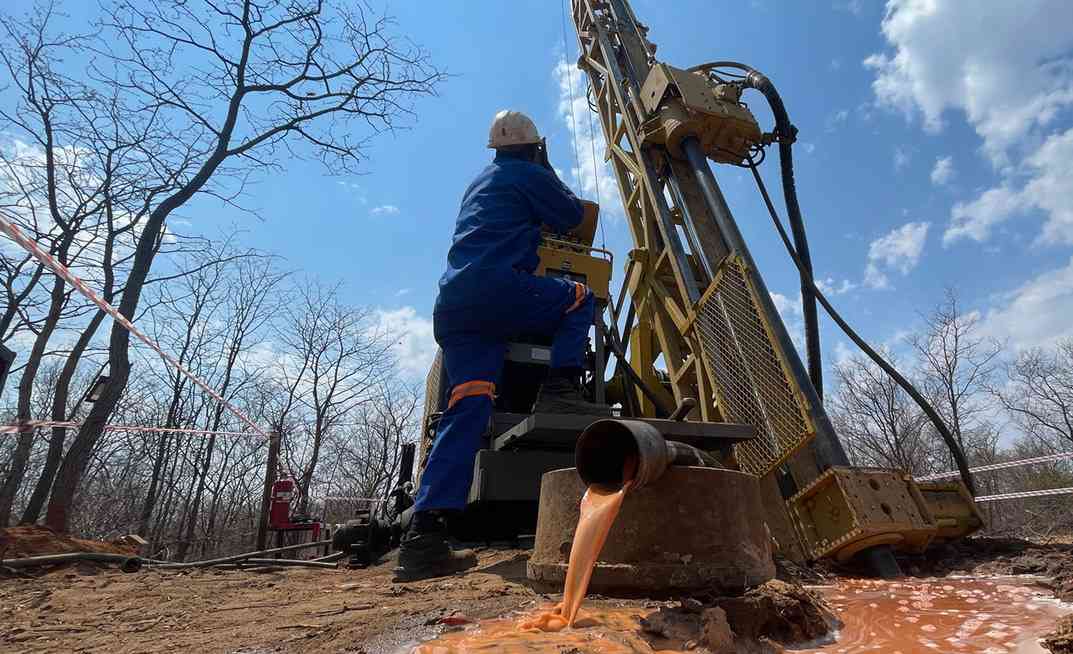
AFRICAN leaders have been urged to safeguard the continent’s biodiversity through establishing mechanisms for financing towards conservation efforts.
The continent is home to 40% of the world’s biodiversity hotspots, including the Hwange National Park, Congo Basin, the Serengeti and the Okavango Delta.
However, climate change, deforestation, pollution and human-wildlife conflicts pose a significant threat.
In a discussion hosted by the African Wildlife Foundation (AWF), experts emphasised the critical role local communities play in protecting natural resources.
AWF chief executive officer Kaddu Sebunya said local communities are the custodians of Africa’s biodiversity.
“They receive only a fraction of global funding. It is crucial we empower them to design and implement conservation projects,” Sebunya said during the discussion, held under the theme Biodiversity in Focus: A journalist Approach to COP 16.
“Community-led conservation is the most effective way to protect Africa’s biodiversity. Local communities have traditional knowledge and practices that can inform conservation,” he added.
AWF senior manager for youth programmes Simangele Msweli weighed in, saying conservation remains important for Africa where the youth population is set to double by 2050.
- Late former VP Nkomo aide Wolfenden dies
- Bulawayo to host regional World Press Freedom Day commemorations
- COP27: Zimbabwe’s opportunity to shine
- Don’t blame A$AP Rocky for rumours: Rihanna
Keep Reading
“This demographic shift presents both opportunities and challenges,” Msweli said.
“African leaders must prioritise conservation and development, empowering youth to drive sustainable growth and protect the continent’s rich biodiversity.”
Current funding models often bypass local communities, undermining effectiveness, Msweli said.
Experts cite several challenges including funding which they say often gets stuck in administrative processes and bureaucratic bundling.
The call comes at a time when the United Nations Biodiversity Conference COP 16 is underway in Cali, Colombia.
The conference presents a significant opportunity for global leaders to address pressing biodiversity issues and chart a path by 2050.
COP 16 is the first biodiversity COP since the adoption of the Kunming-Montreal Global Biodiversity Framework in 2022.
Governments will be expected to demonstrate tangible progress on their National Biodiversity Strategies and Action Plans.
In 2022, donor governments committed US$5,33 billion towards the Global Biodiversity Framework Fund, which requires 20% of funding to be allocated directly to Indigenous people and local communities.










